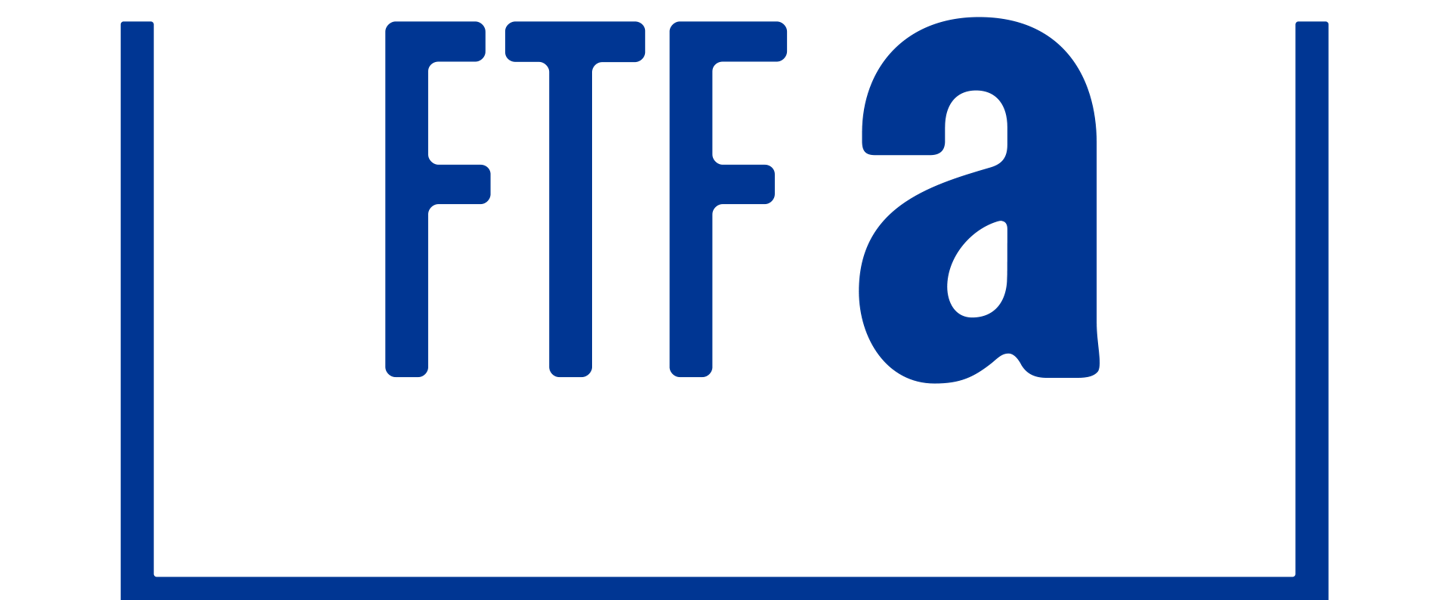
NETWORK YOUR WAY TO YOUR NEXT JOB
Networking is probably not unfamiliar to you, and neither are some of the prejudices about networking. Job counselor at FTFa, Nicolai Michael Busse Hansen, provides his take on networking, dismantles some of the classic prejudices, and offers good advice on how to get started with networking.
Looking for jobs - 11. February 2022 - Caspian Christiansen
The ability to activate one's network, nurture it, and use it actively in one's job search is often a central element in a successful job search process. Many positions never get posted before they are filled through networking. This applies to many different industries, where only very few positions are advertised.
Relationships mean a lot to all of us, and often we see friends acting as employers/job intermediaries, or employers becoming friends. The professional, professional, and social relationships are thus more intertwined. This is, of course, more true in certain industries, such as art and culture, than in other industries.Nicolai Busse
Networking is planting a seed
Although the end goal of networking often revolves around landing a job, networking is often a more indirect process where both parties must contribute to creating a good relationship.
Nicolai Busse elaborates: "When you network, it's like planting a seed. You can't just expect the circumstances or the other person to make it grow. You also have a responsibility to provide the nourishment needed for the relationship to flourish."
Networking is about making each other better – and whether you are newly graduated or have a long career behind you, your knowledge and experience will make up 50% of the relationship. Therefore, think about what you can contribute and where you can help the other – then the other will want to give back and help you another time. An important side effect of helping or giving to the other is that it reduces the boundary-crossing in asking for or receiving help now or later.
People actually want to help
If you are newly graduated, new to the industry, or just find it hard to start networking, it can feel intrusive to reach out to someone you don't know or only know peripherally.
"What if I disturb people, am a nuisance, or get rejected?" If you ask Nicolai Busse Hansen, in most cases, you will be pleasantly surprised once you try:
Most people actually really want to help and share their experiences and advice, so you dont have to be afraid of that – think about how you would feel if someone asked for your help.Nikolaj Busse
Looking at the data, the numbers also speak their clear language; in a 2017 survey*, 51% of Danes say they have helped others in their network get a job.
*(Source: Survey of Danes' use of networks. Conducted by Epinion for FTFa, June 2017).
Think about what you want out of the conversation
Before you meet with someone in your network, it's a good idea to think about what you want out of the conversation. Is it to learn more about a specific position or area of work, to be inspired, to get good advice, or to hear more about how the other ended up where they are? By being clear about the outcome, it becomes easier for you to ask the right questions and use your new knowledge constructively.
Nicolai Busse also emphasizes that a networking relationship doesn't have to be formal: "Remember that a networking conversation is usually informal and non-binding. For example, if you are interested in working in a particular field and have found someone who already works in that field, the network can start small with a short message on, for example, LinkedIn, where you can ask a few questions – later you can, as a preliminary thank you, perhaps offer to continue the conversation over a cup of coffee."
On FTFa's website, you can read more about how to network your way to a new job: Link to FTFa's website
How to get started with networking:
- Map out your social and professional network – who do you know in your circle of friends, industry, related industries, or job functions that you can write to/have coffee with?
- Be active on social media such as LinkedIn, Facebook – be curious, ask questions, and share your insights and experiences.
- Think about what you can contribute – remember, a good network is as much about giving as receiving.









